Apocalyptic and Dying Earth Fantasy

by MarcoBaier
The Darker Side of Science Fantasy
If you are fascinated by Apocalyptic Science Fiction, Post-Apocalyptic Science Fiction, and Dying Earth Fiction/Fantasy, look for a few movie and book recommendations, or simply want to know more about these kinds of stories in general, tag along on this dive into the rabbit hole to learn more about the Darker Side of Science Fantasy—and yes, I mean Science Fantasy, which is a mixed genre that draws upon and/or combines tropes and elements from both science fiction and fantasy (and sometimes horror).
Good old Star Wars is a prime example of the genre.
But we are not here to talk about Science Fantasy, but of his darker sub-genre dealing with the End Times or better yet still: the End of the World—and I mean our world; good old Earth, with time being the great separator of the genres. Apocalyptic Science Fiction is leading up to or situated around a civilization shattering event, Post-Apocalyptic Science Fiction is situated directly after said event or in the not too distant future (which in this context may still be a few hundred years) and Dying Earth Fiction/Fantasy is set at the far end of the spectrum: at the literal end of the planet.
So much for the technicalities, but what is it that makes these genres interesting?
For me, it is the two "C"s: Chaos and Change.
There is a certain element of beauty in destruction; after all, are we not drawn to stories of conflict, rather than peace and harmony? Nobody feels entertained by: "And nothing happened and they lived happily ever-after..."
No, we long for, even thirst after, upheaval, for it is the soil in which the seed of change is planted. And Change is something we both lust after and are afraid of—which is partially why these kinds of stories are so eternally fascinating to us. Civilization shattered, its remnants driven to savagery, ruined landscapes and the great wonders of our time laid low, destruction on a planetary scale, despair, but also the fight for survival, of growth through pain, are strong elements in Apocalyptic and Post-Apocalyptic fiction.
Like Nietzsche said: "That which does not kill us makes us stronger."
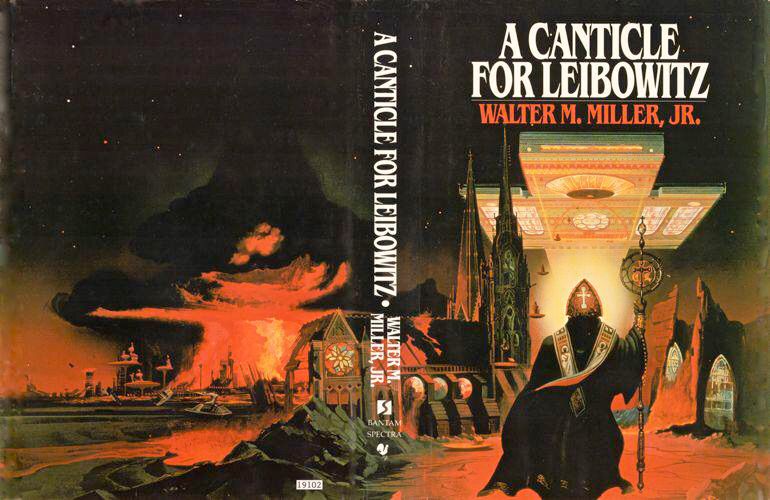
I have to admit, though, it took quite some time for me to develop a taste for this particular kind of entertainment. In my younger days I found them to bleak and dark. Usually these are no happy, carefree feel-good stories (but they still can be quite entertaining) and there are strong elements of violence and even horror in them. Tales of savage times often brought on by a cataclysmic event that spawns a new Dark Age in which technology is either something to be feared or so rare that it seems almost magical. And like back in the Dark Ages, these worlds have their own kind of dragons and monsters: mutants, sickness, the constant fight for survival, of hunting for food and shelter...
The overarching theme of these stories can often be summed up by Survival, not only mere physical survival, but also the emotional, and ethical. Will society survive the downfall? Will morality? How about the characters of the story itself? The most recent move if the Mad Max Franchise, Fury Road, beautifully sets not only the theme of the movie in the first five minutes, but also sums up the character in one simple sentence...
A man reduced to a single instinct: Survive!
What would you do to survive, to protect your friends, your family, your loved ones? Would you break under the pressure? Would you adapt? Burn and rise from the ashes? All these are questions that shape the characters you'll find in this particular sort of fiction.
But enough about theme and characters—let's talk about the world and civilization.
Whether it's a pandemic, meteor strike, alien invasion, nuclear disaster, or zombies, we sure seem to love our apocalypses. At the core of (Post-)Apocalyptic Fiction is the downfall of our civilization. This could be due to (nuclear) war, some kind of natural catastrophe, a pandemic, alien invasion, zombies, the kind of huge meteor that screwed things up for the dinosaurs or anything else that my shake the foundation of our world.
In most cases it is not destruction for destructions sake...
More often than not these stories serves as a warning. Many of us who write in this genre are pictured as pessimists—as guys with a dark view of the future. Nothing can be farther from the truth, (at least in my case) but picturing and subsequently penning a dark tale of our future may give people a certain "perspective".
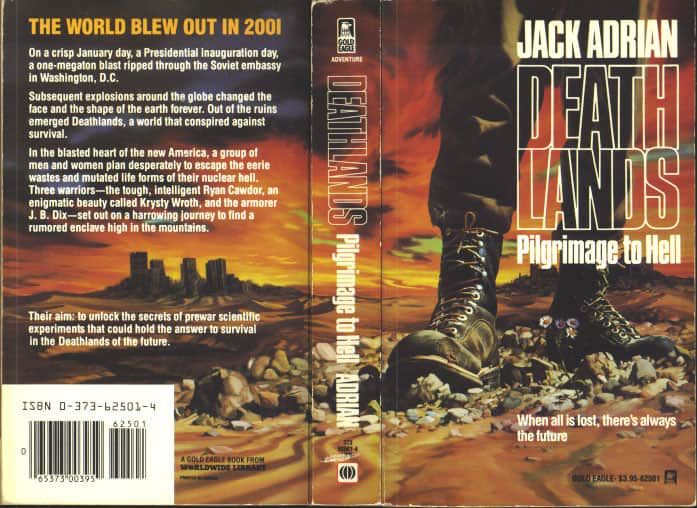
The movie "The Day After" in which nuclear war between the US and UDSSR lead to the destruction of our civilization is a good example how a dark tale can effect peoples thinking. The film was so effective that it even depressed Pres. Ronald Reagan, who wrote about it in his diary. Some biographers speculated it even had a direct effect on Reagan's desire to end nuclear proliferation during the second half of his presidency. The novel "A Canticle for Leibowitz" by Walter M. Miller Jr., which was published in the 60is (and which I highly recommend reading) is another great example. Written in a time, in which the shadow of nuclear annihilation hung like Damocles sword over the world, it is quite a unique book for the genre, for it is full of wit, snarky humor, but also a good deal of pessimism.
Sinister as the genre usually is shouldn't distract from the fact that it can be a hell-of-a-lot fun. It is a great playground to fool around, often filled with action and a twisted view of the world, both familiar and alien. Personally I enjoy a good amount of action, as well as breathtaking scenery in stories of these kinds along with badass characters (who doesn't?) and amongst some of my literary guilty pleasures is the Deathlands series (I know, it sounds totally cheesy), which is basically about a bunch of hardened survivor misfits searching for a safe home in the desolated USA. The series has been running since the 1980s and has close to 130 books out now (I recommend the dramatized versions from Graphic Audio). It's "shallow entertainment", but it is fun (if you have a taste for over the top action and can stomach the violence).
Check out this awesome webpage for more genre recommendations.
Other popular examples of the genre that are BIG out there (though not really in book format) are the Mad Max movies and the games playing in the Fallout Universe—which I recommend both.
To sum it up (Post-) Apocalyptical entertainment is for you if you are leaning towards the darker kind of Entertainment; it is often violent, rarely light-hearted, but—if done well—very entertaining. If you speak German and are looking for a taste of Apocalyptic Fiction mixed with Grimdark / Dark Fantasy, feel free to check out my story "Götterdämmerung", in which a young couple tries to reach the safety of a bunker before Berlin will be bathed in nuclear fire.
But enough about (Post-) Apocalypse for now...
Let's head over to...

Dying Earth Fantasy and Science Fiction
The last part of our Apocalyptic Trinity is the Dying Earth Genre, which is set so far in the future that good old Earth is hardly recognizable (or even known as Earth) anymore. Since we are looking at the end of time, the predominant themes of this sub-genre are a tad more on the melancholic side. I am talking about world-weariness, reflection, lost innocence, idealism, exhaustion, and annihilation... of entropy in all its many forms. The sun might be dying, shrouding earth in perpetual darkness; all resources might be gone...
Well, I guess you get the (bleak) picture.
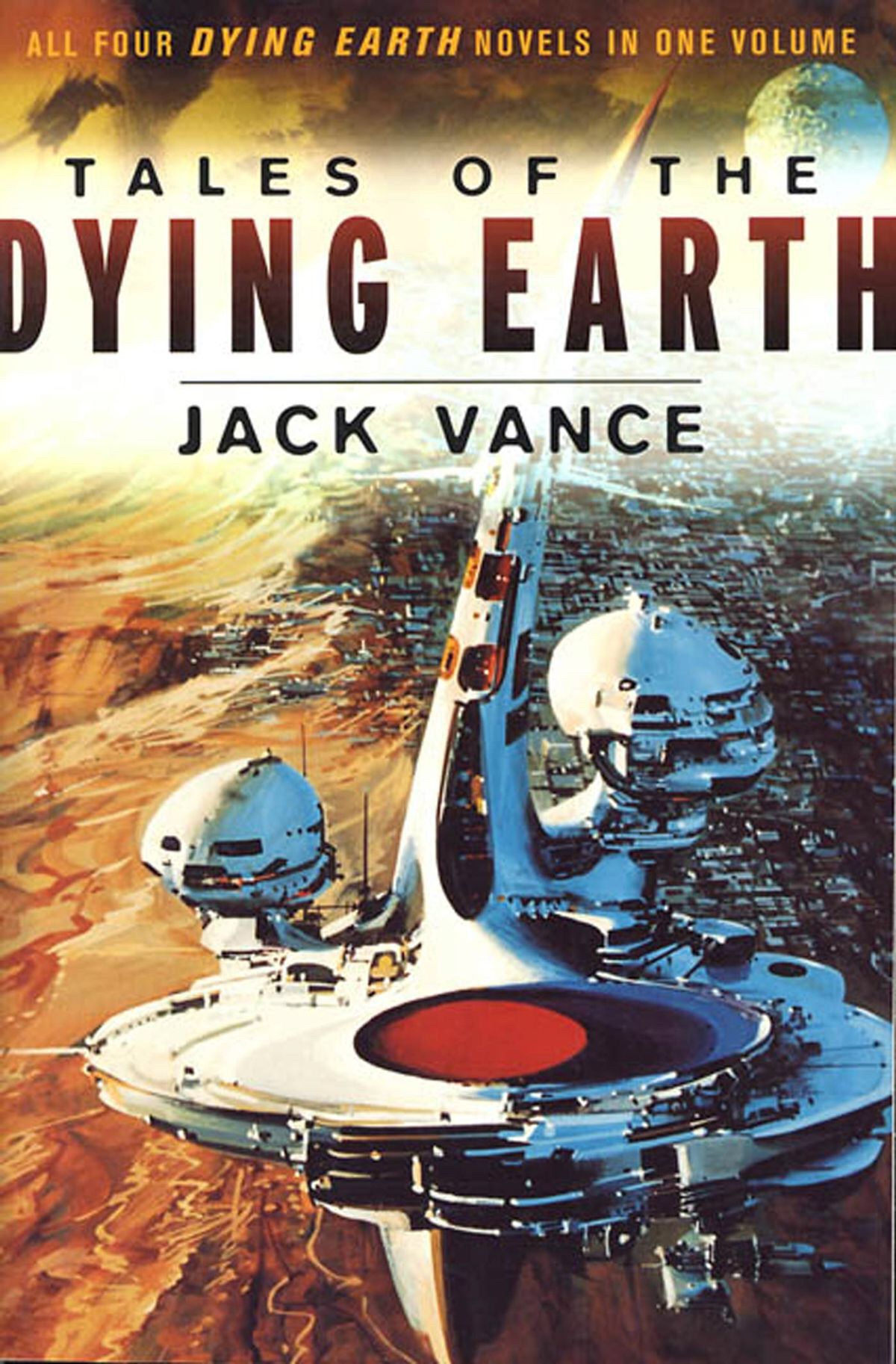
Dying Earth stories may comfortably settle either in the realm of Fantasy, of Science Fiction, or anywhere in between. Stories of a more fantastic nature usually sport creatures and characters you would know from traditional Fantasy stories, such as mages or Tolkienesque creatures (such as orcs, elves, etc.), while their Sci-Fi counterparts usually make do without. The Dying Earth books by Jack Vance (which actually gave name to the whole genre) settle more in the realm of Fantasy and every player of Dungeons & Dragons will recognize the spell memorization system they... erm... borrowed from Vance.
The books are set in a time so distant from ours, the sun is just a ball of blood in the sky, futuristic cities lay half-buried under mounds of ancient rubble, and magic is as natural as walking. His books are generally regarded as fantasy, but it has elements of science fiction as well. The magic is really just advanced science, but it's so sophisticated it sure looks like witchcraft.
However, even with Vance's works giving name to the genre, in all probability its root is H.G. Wells The Time Machine (1895), who has the unnamed protagonist traveling to the year 802,701 A.D and even further onwards, to a time in which our planet is dead. It is a timeless classic which has made its way onto the Big Picture in several forms and inspired a lot of writers over the years. A more recent novel that (at least partially) falls into the Dying Earth (Sci-Fi) genre and that I strongly recommend reading is Hyperion from Dan Simmons—it truly is quite the masterpiece and the enigmatic monster called "The Shrike" around which the novel is spun is one of the most memorable you'll ever find.
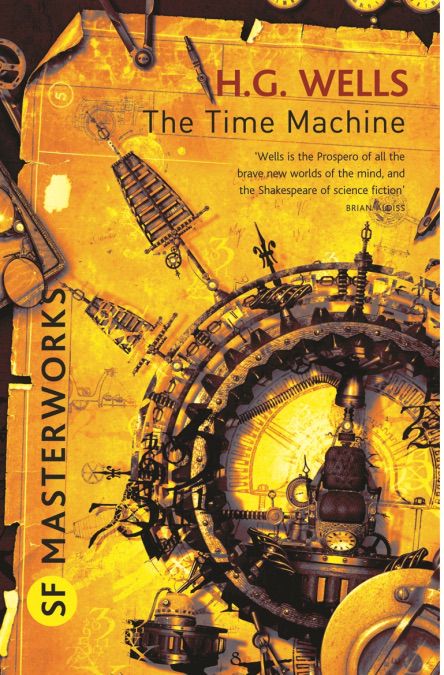
In general, the Dying Earth genre is usually not as action packed or violent as (Post-)Apocalyptic fiction, the focus being more on introspection and social aspects. As such, they are often harder to read and digest. However, there are exceptions—if you like a darker, grittier approach to Dying Earth you might want to check out any of my Tales of Ruuin stories and especially my Harvest Wars series. They are set in the far, far future of our planet and deal with—you might have guessed—the End-Times.
I hope you had a good time reading this article and were able to take one or two good things from it. I would like to love to hear your thoughts and feel free to share any recommendations of books, movies, or games that fit into the Apocalyptic Trinity.
And with that, I wish you a very pleasant day wherever you are.
Enjoy the Dark, but don't get swallowed by it.

Example of Apocalyptic and Dying Earth Fantasy on Wattpad:
Harvest Wars by MarcoBaier
Synopsis:
Ruuin - An apt name for a world that has lived long past its prime. Ruuin has seen the rise and fall of many peoples, many life forms, many wonders and horrors—some of which have defied the gnawing teeth of time, lying dormant in the shadows below the tormented earth. It is a world pockmarked by the past, with remnants of mighty civilizations standing long after their creators have perished, or lost to memory, deep underground in caves the size of cities. It is a world of discord, where the rise of the dead is considered just another catastrophe, and where ancient magic and technology, too powerful and alien to be comprehended, lie waiting for those foolish (or unlucky) enough to stumble upon them. It is a world too stupid to quit and too stubborn to die. These are its tales.

Inspirations:
Setting
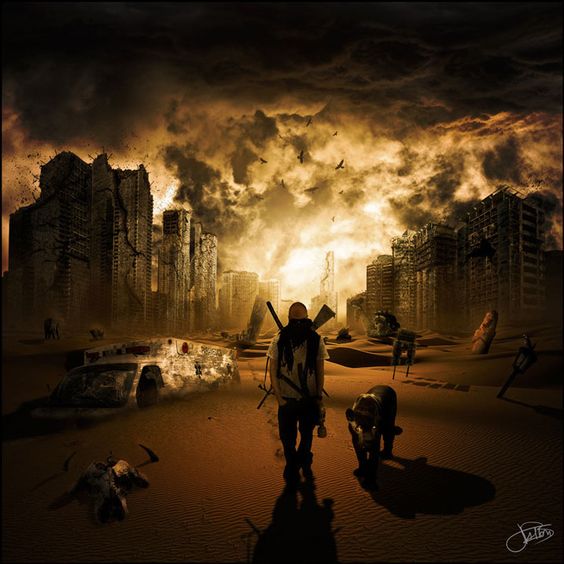
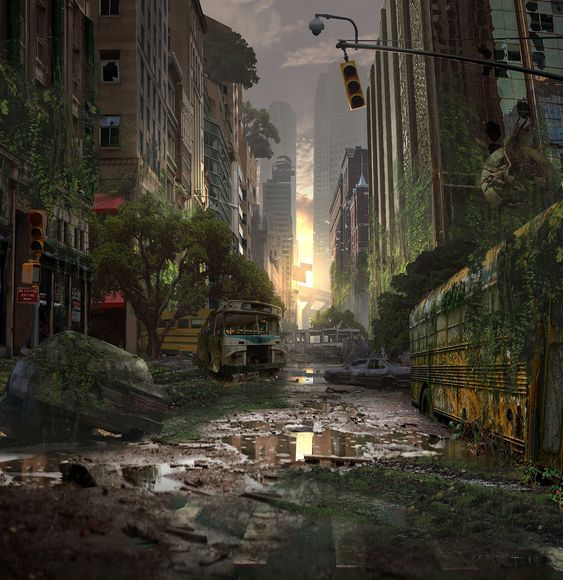
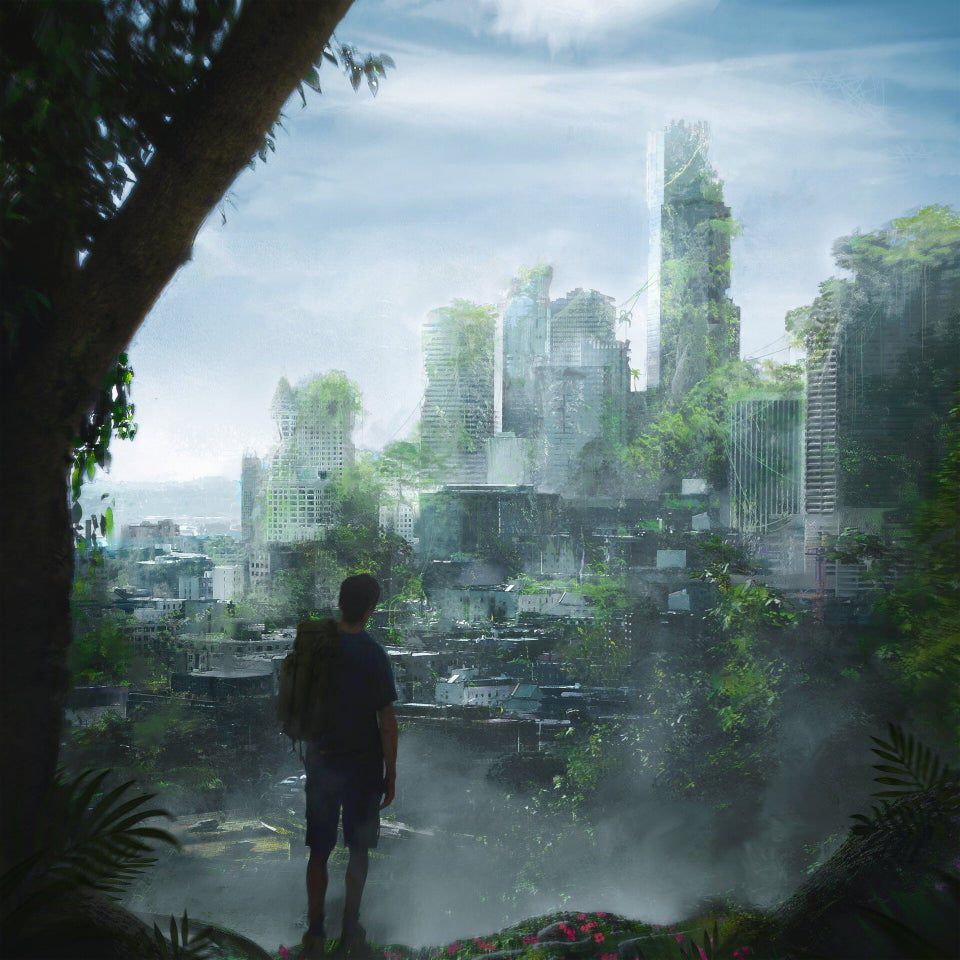
Characters
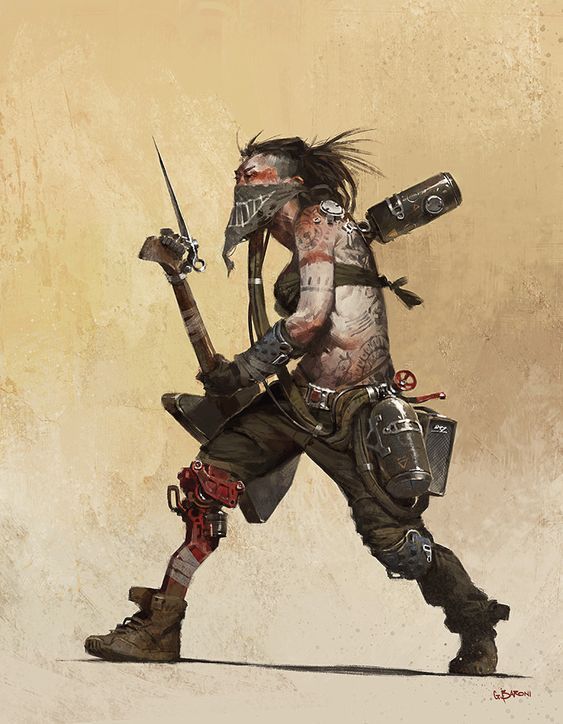
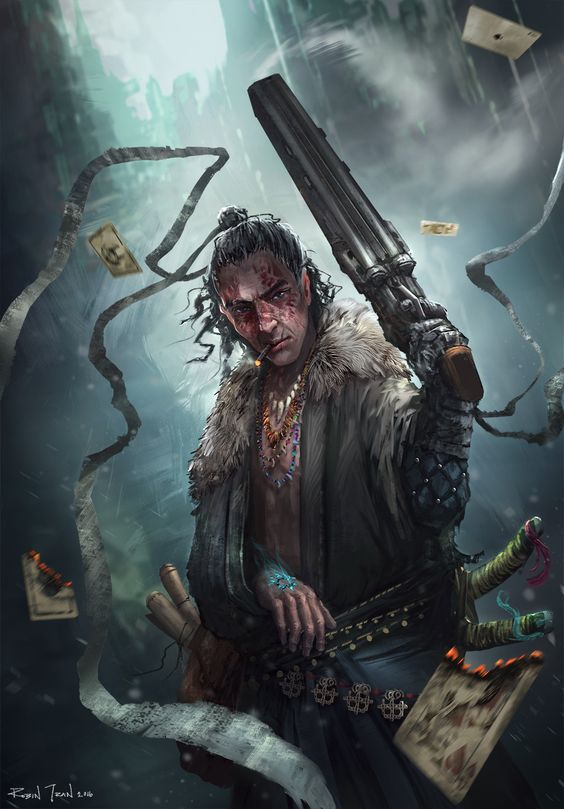
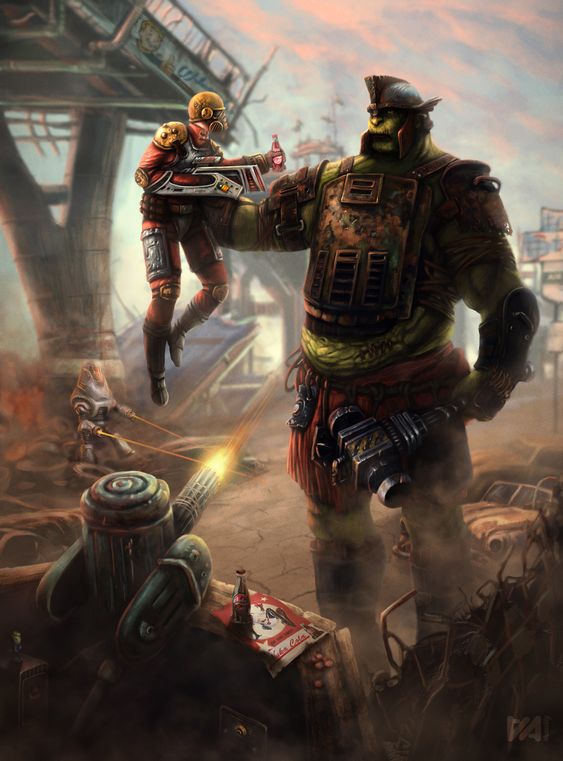
Music
https://youtu.be/cRzQuPvLjdU
Bạn đang đọc truyện trên: AzTruyen.Top